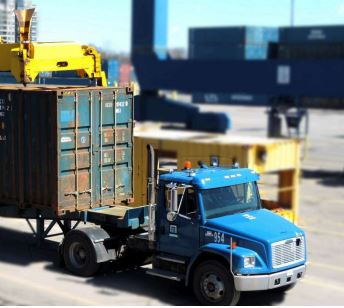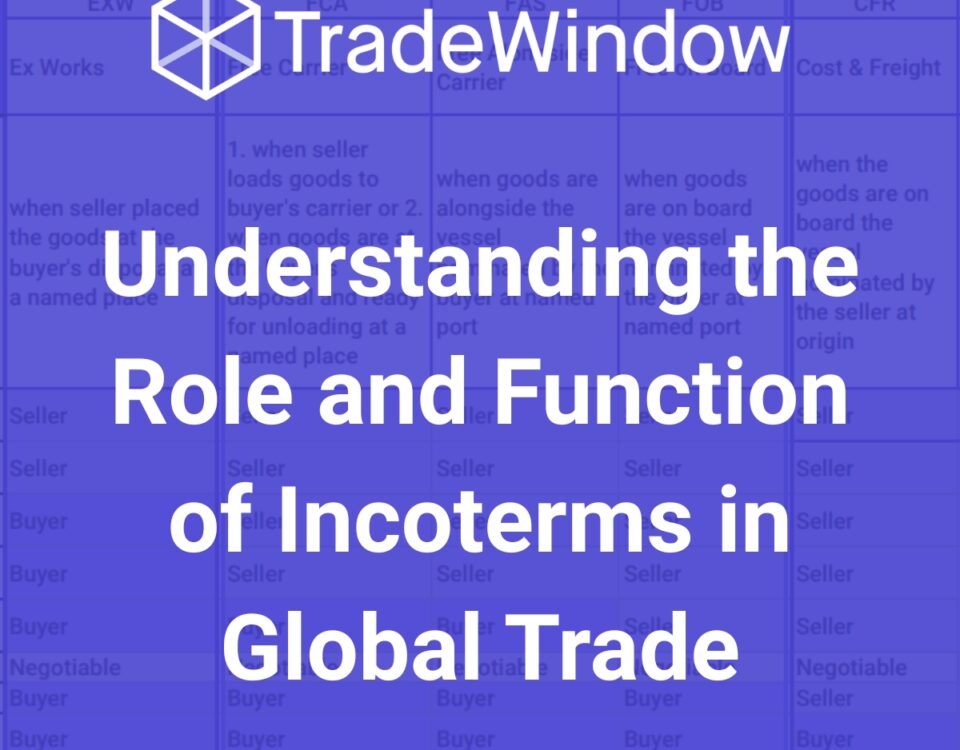
TradeWindow Assure+ Delivers The Paddock Story To The Plate

It’s Time To Break The Chain Of ‘Supply Chain’ Thinking
Trusted Data Is The Key To Building Value In Australian Exports
By Peter Kosmina – TradeWindow Country Manager – Australia
One of the most valuable aspects of our export sector can be summed up in one phrase: Australian Made.
Australian exports are synonymous with high-quality goods that meet the requirements of our rigorous regulation, arguably making our food some of the safest in the world. Made in Australia is our guarantee.
In any competitive market, imitation is the highest form of flattery, except when it comes to the counterfeiting of Australian goods. There are numerous examples of counterfeiting every day despite the efforts of companies to protect their intellectual property and the integrity of their product with AgriFutures estimating that product fraud costs Australian producers AU$2-3 billion each year1.
So, what can we do about it? The good news is that industry is fighting back, with multiple bodies implementing traceability guidelines and systems designed to verify products labelled as Australian, but there must be a simpler and more cohesive approach.
As the world shifts to increasingly digitalised trade, the Australian Federal Government has the opportunity – initially through its Simplified Trade Taskforce – to promote the use of traceability solutions for provenance to become an integrated part of the supply chain. This could ultimately replace the Certificates of Origin, which only apply to certain jurisdictions and products, and make provenance known and traceable to everyone along the supply chain journey. This solution would shout it out to the world that whatever it is the product in question may be, it irrefutably came from Australia.
A traceability solution with end-to-end capabilities can create an immutable audit trail of a product’s journey through the supply chain by capturing data at key points including, but not limited to cultivation, production, shipping, consumption and recycling. Authentic brands stand to benefit as alignment to values is increasingly being factored into a buyer’s decision making.
For example, brands can now supply information around whether their products were sustainably sourced, grown organically or with herbicides, or whether they are halal or kosher. With an immutable, digital provenance solution, this information can’t be edited, retracted, or falsified. It acts as a single source of truth.
Brands can use this data for sustainability reporting and to benchmark their environmental, social, and governance (ESG) progress. The increased transparency fuels consumer trust – especially if you are setting goals to improve the sustainability of your product and supply chain.
As the world becomes more connected, transparency of products across borders can help companies maintain a competitive advantage in the global market. It may also open new market opportunities, especially as certain government agencies around the world begin to introduce requirements around traceability of products for exporters and importers.
And that’s where we circle back to the importance of Australia. While the creation of a provenance component as part of the Simplified Trade System offers layer upon layer of data, insights, and protections, the most important thing it will offer end consumers, is the guarantee that the product they know, love and trust is Australian.





